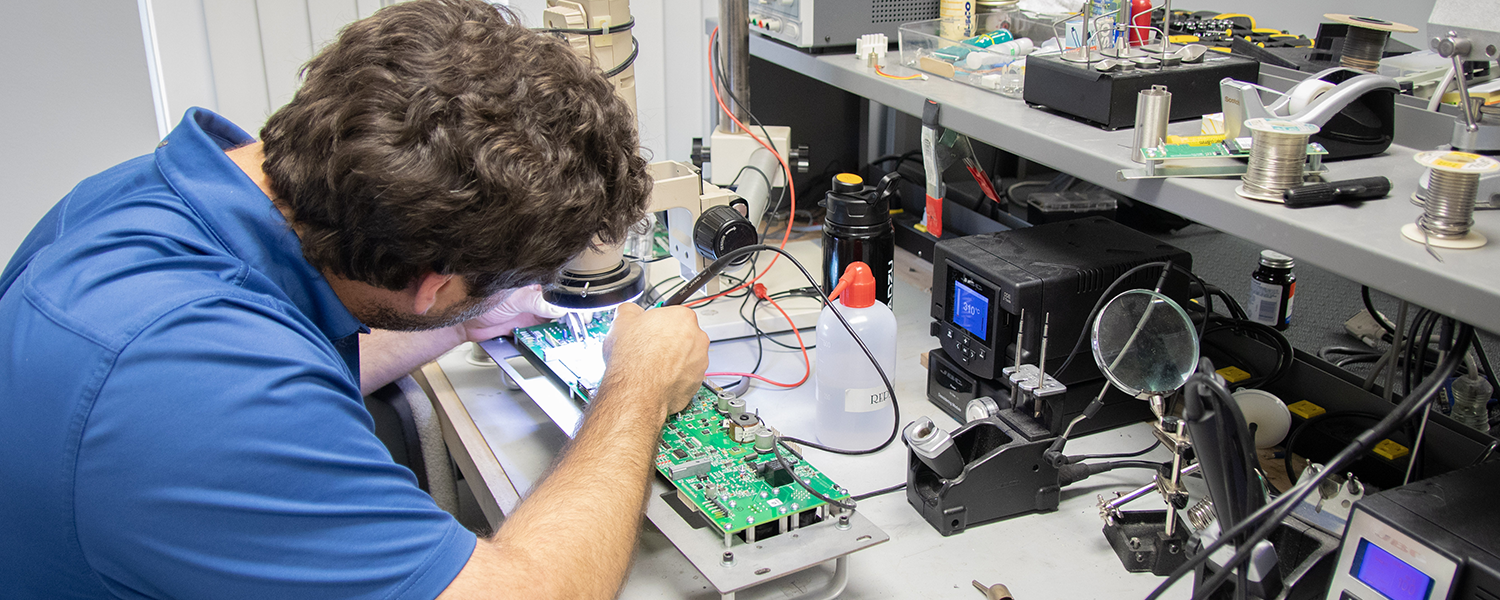Biomedical equipment technicians (BMETs) maintain medical equipment and in some cases are also responsible for training laboratory technicians on how to use and make calibrations on the equipment. With an associate’s degree in biomedical technology or engineering, you can become a biomedical equipment technician, and with specialized training or a bachelor’s degree, you can advance your career in the field.
What is a Biomedical Equipment Technician?
Biomedical equipment technicians maintain and repair medical equipment throughout the healthcare industry in hospital and medical office settings. BMETs perform inspections, preventative maintenance, calibrations, and adjustments on infusion pumps, ventilators, defibrillators, patient monitors, medical imaging equipment, like x-ray and MRI machines, and other types of specialized equipment.
How to Become a Biomedical Equipment Technician
To enter the healthcare industry as a biomedical equipment technician, you’ll need an associate’s degree in biomedical technology or engineering. Having an interest in electronics, science, computers, technology, or math can help you polish the skills you’ll need on the job. A bachelor’s degree and/or specialized training or certifications will help you advance your career in the field. At this time, no certifications are required to become a BMET.
Specialized Biomedical Equipment Technician Training
For more than 35 years, RSTI (Radiological Service Training Institute) has been providing biomedical and imaging professionals worldwide with equipment service skills, knowledge, and expertise through comprehensive training programs. With a selection of over 60 courses available, RSTI has trained over 15,000 service professionals from over 50 different countries in diagnostic imaging equipment service and maintenance.
If you’re interested in learning how RSTI can help you advance your career as a biomedical equipment technician, please contact us here, email registration@rsti-training.com, or check out our course catalog.

